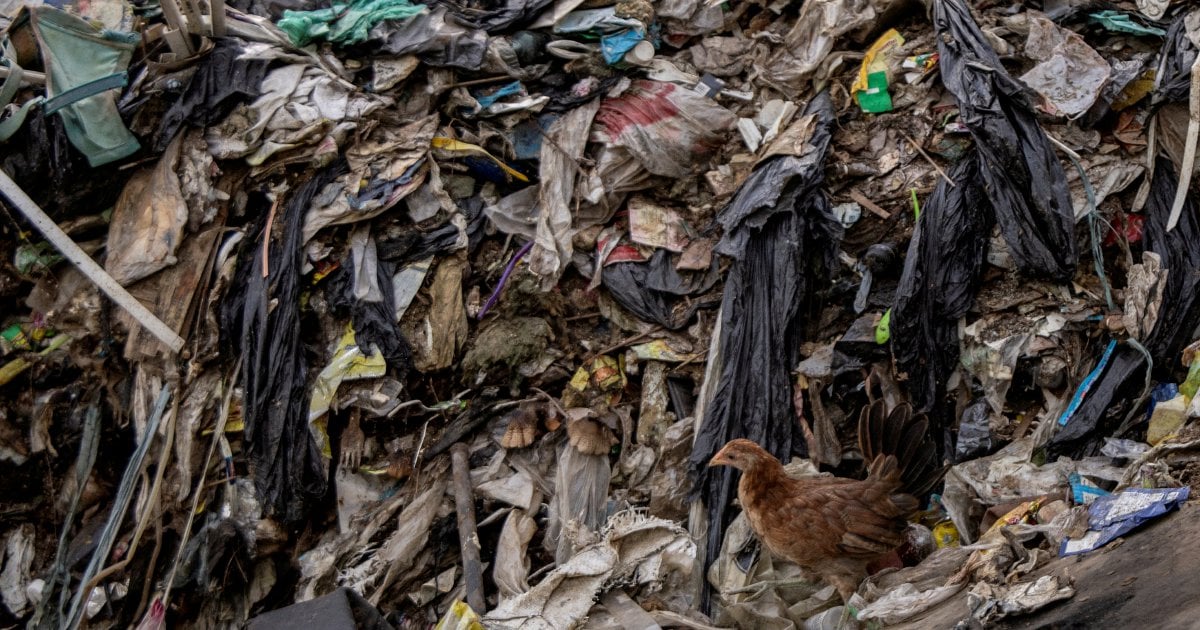NEGOTIATORS from 170 countries began meeting in Geneva, Switzerland, on Monday, hoping to reach a deal on a plastics treaty that has eluded them for three years.
When they last met in Busan, South Korea, in December, the delegates were divided into two camps. One group wanted a cap on production and the other, mostly oil producing countries, did not. At the end of the talks, there was no treaty to talk of.
The negotiators meeting in Geneva are hoping to land on one this time. Judging from media reports emerging from Switzerland, the divide hasn’t dimmed. It would be a shame if Geneva, too, went the way of Busan.
On Sunday, just a day before the talks began, public health experts raised the alarm in The Lancet, a medical journal, saying: “Plastics are a grave, growing and under-recognised danger to human and planetary health.”
Plastics cause disease and death from infancy to old age and are responsible for health-related economic losses exceeding US$1.5 trillion annually, they warned.
The principal driver of this existential crisis, in their view, is the accelerating growth in plastic production. In 1950, the industry produced two million tonnes, only to see it spike to 475 million tonnes in 2022. And in 2060, it will be 1.2 billion tonnes.
This is why 100 countries attending the Busan talks pushed for a cap on virgin plastic production. Another reason for the cap is plastic pollution, said to have reached eight billion tonnes.
But the oil producers rather eulogise plastics, while implying to the 100 countries trying to put a cap on production that they would do well to focus on waste management.
Yes, humans have benefited, maybe even the environment has been spared the destructive impact of alternatives to plastics. Plastics in cars, buildings and household items are some that humans can’t do without.
But we say this to the oil producers: they would serve humanity better if they don’t treat it as a zero-sum game between production and waste management. Admittedly, plastic waste management is a problem. Indeed, a very bad problem.
Here, two things are telling signs of how badly we have failed at managing plastic waste. First, our recycling efforts around the world are mostly rhetoric rather than action.
Second, as John Kerry, the former American climate envoy, points out in his op-ed in the Financial Times, every day 2,000 truckloads of plastic waste are being dumped into the sea.
But shaming bad management of plastic waste doesn’t mean the praise of plastics is unlimited. As health experts have pointed out, there are some plastics that use chemicals that pose serious threats to human health. The production of such plastics must cease.
So must single-use plastics, which make up more than a third of plastic production. There is no room for extolling the virtues of materials that kill humans and other living things.
Growth drivers though plastics may be, oil producing countries would do well to distinguish between harmful and beneficial plastics.
If this distinction is recognised, then the negotiators from the 170 countries may finally agree on a legally binding plastics treaty.
© New Straits Times Press (M) Bhd






